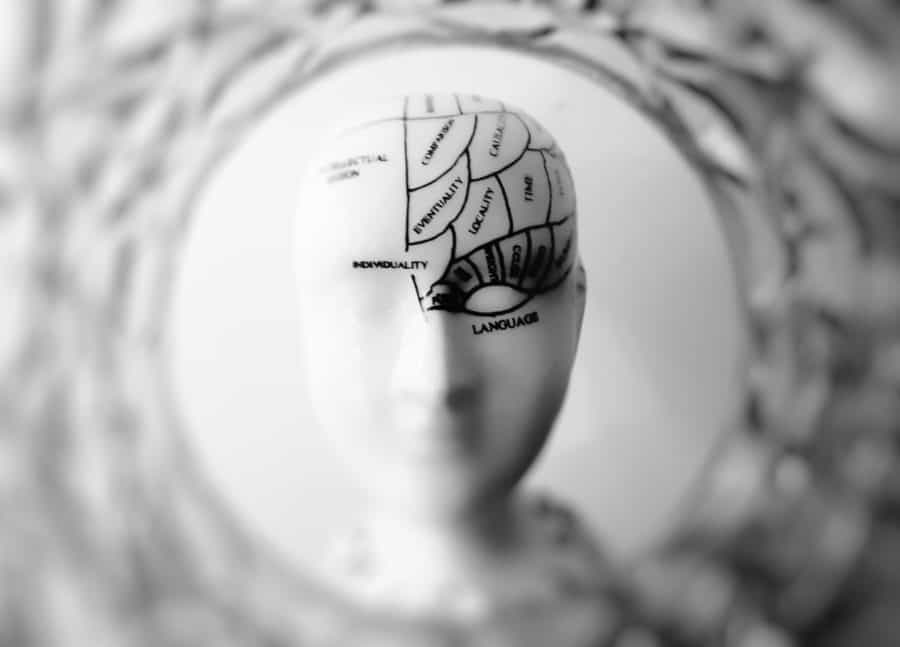Our brains are constructed so that, oddly enough, new information isn’t easily accepted. Before accepting anything new, our brains test out the information to see if it fits with whatever has been previously wired. If it fits, we accept it. If not… we don’t. In fact, when we hear radical information our brains meet it with resistance and people with a “closed mind” are even less likely to process new information.
Think about it. When was the last time you were in an argument and were more invested in thinking of your next response than actually listening to what the other person was saying? When have you last felt a surge of anger during conversation and your mind prioritized staying calm over listening?
Simply listening, or even just considering new information, doesn’t immediately change your mind. However, when you practice active listening you might learn a few things.
Active listening is an important skill, but nowadays it’s rarely practiced. To be a strong active listener, you have to be curious and genuinely interested in what the other person has to say. When you first start to practice listening intently, pay attention to your body and take notice of how you’re emotionally responding to the information. This focus will help keep you present and allow you to better remember the information being presented.
If you ever get lost in a conversation, or if you have a question, don’t be afraid to stop the speaker and ask for clarification. Most people appreciate this and take it as a sign that you’re really paying attention. If you do this, you might even actually learn something.
Would you like to talk? Get in touch today.




